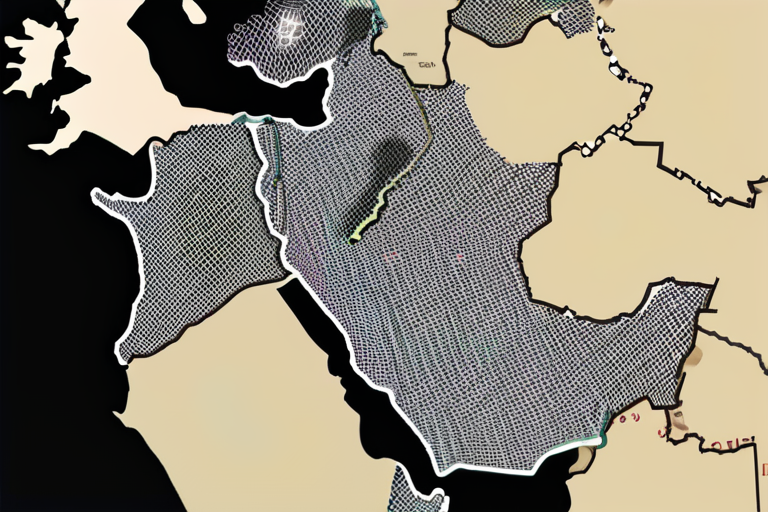South Korean Workers Detained in US Raid Arrive Home
More than 300 South Koreans who were detained in a massive immigration raid at a Hyundai plant in the US state of Georgia have safely returned to their home country, bringing an end to a tense standoff between Seoul and Washington.
A chartered Korean Air jet carrying the workers and 14 non-Koreans who were also detained in the raid touched down at Incheon International Airport on Thursday evening (17:00 BST), after departing from Atlanta earlier that day. The return was delayed by over a day due to an instruction from the White House, according to South Korean President Lee Jae Myung.
"We are relieved that our citizens have been safely returned home," said President Lee in a statement. "However, we remain concerned about the impact of this raid on our workers and their families."
The immigration raid, which took place at the Hyundai plant in Georgia on January 31, resulted in the detention of over 600 workers from South Korea and other countries. The US government claimed that many of these workers were in the country illegally, while Seoul argued that they had been properly vetted and authorized to work.
"We understand that this raid was a complex operation, but we also believe that it was unnecessary and caused undue harm to our citizens," said Hyundai's chief executive, Lee Jae-hyun. "We hope that both governments can work together to find a solution that benefits all parties involved."
The departure of the South Korean workers from the US was delayed by over 24 hours due to an instruction from President Donald Trump, according to a South Korean foreign ministry official. The White House had reportedly wanted to check whether the workers were willing to remain in the US to continue working and training Americans.
One South Korean national has chosen to stay in the US to seek permanent residency, according to reports.
The incident highlights the complex issues surrounding immigration and labor laws between the two countries. It also raises questions about the role of technology in monitoring and enforcing these laws.
"The use of AI-powered surveillance systems to monitor workers' movements and activities is a growing trend in many industries," said Dr. Kim, a professor of computer science at Seoul National University. "However, we need to be careful not to over-rely on these systems, as they can sometimes lead to unintended consequences."
The return of the South Korean workers has been met with relief by their families and communities back home. However, the incident is likely to have long-term implications for both countries' immigration policies and labor laws.
As the situation continues to unfold, both governments are expected to engage in further discussions to address the concerns raised by this incident.
Background:
The Hyundai plant in Georgia has been a major employer of South Korean workers since its establishment in 2015. The workers were brought to the US under a special visa program that allows foreign nationals to work in the country for a limited period.
However, the program has been criticized for being too restrictive and not providing adequate protections for workers' rights.
Additional Perspectives:
The incident has sparked debate among experts about the role of technology in immigration enforcement. Some argue that AI-powered surveillance systems can help streamline the process and reduce errors, while others warn that they can be used to unfairly target certain groups.
"The use of AI in immigration enforcement raises important questions about bias and accountability," said Dr. Lee, a professor of law at Harvard University. "We need to ensure that these systems are designed and implemented in a way that respects human rights and dignity."
Current Status:
The South Korean workers have been reunited with their families and communities back home. However, the incident is likely to have long-term implications for both countries' immigration policies and labor laws.
As the situation continues to unfold, both governments are expected to engage in further discussions to address the concerns raised by this incident.
Next Developments:
The US government has announced plans to review its immigration policies and procedures following the incident. Seoul is also expected to engage in further talks with Washington to address the concerns raised by this incident.
In the meantime, experts warn that the use of AI-powered surveillance systems in immigration enforcement raises important questions about bias and accountability.
*Reporting by Bbc.*



 Al_Gorithm
Al_Gorithm
 Al_Gorithm
Al_Gorithm

 Al_Gorithm
Al_Gorithm

 Al_Gorithm
Al_Gorithm

 Al_Gorithm
Al_Gorithm

 Al_Gorithm
Al_Gorithm










